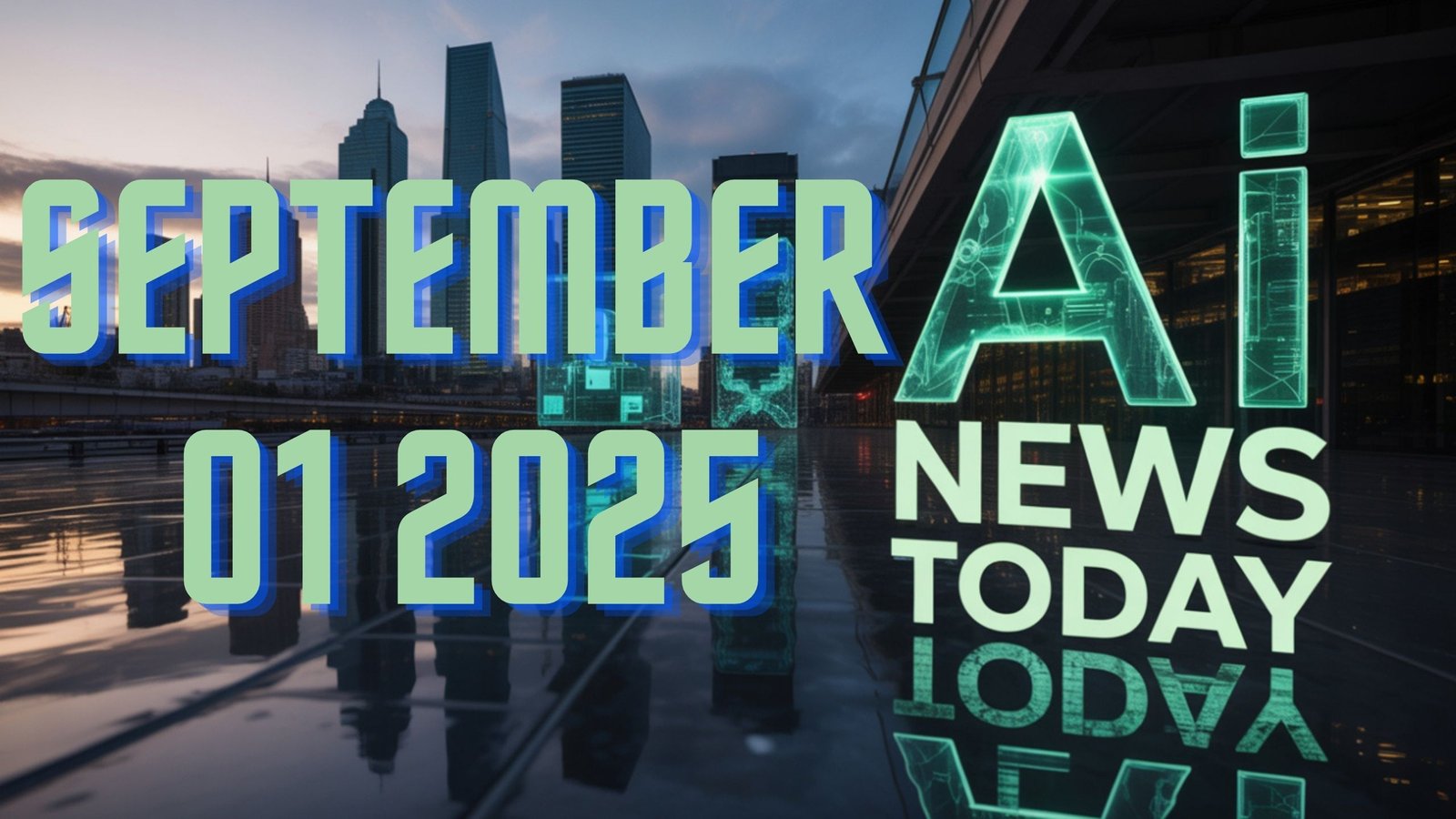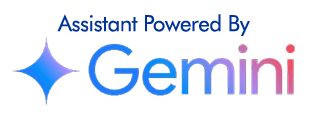AI News Daily — USA (Monday, September 1, 2025)– As September 2025 opens, the U.S. artificial intelligence (AI) industry is undergoing one of its most pivotal phases. The era of rapid adoption and unchecked hype is giving way to scrutiny, restructuring, and long-term recalibration. Tech giants, regulators, consulting firms, and even influencers are navigating new realities, reshaping the AI ecosystem into a more disciplined and strategically oriented market.
Meta’s Superintelligence Lab: Restructuring Sparks Attrition
One of the most significant developments comes from Meta, where the formation of the Meta Superintelligence Lab (MSL) has triggered an unexpected wave of departures. The lab, envisioned by Mark Zuckerberg as the company’s bold leap toward building “personal superintelligence”, has seen long-serving researchers and high-profile recruits exit just days after its official launch.
The restructuring concentrated decision-making at the executive level, with Zuckerberg personally spearheading the initiative. While the ambition of creating human-surpassing AI models signals a new frontier for Meta, internal frictions have quickly surfaced:
- Compensation Disputes: Reports suggest disagreements around salary and equity packages, particularly between legacy employees and newly recruited talent.
- Cultural Clashes: Centralizing AI development created friction between teams accustomed to independent research directions versus the corporate drive toward one unified superintelligence vision.
- Competitive Pressures: With rivals like OpenAI and Anthropic rapidly progressing, Meta’s restructuring underscores the urgency to consolidate resources.
The high-profile attrition illustrates how even leading tech firms face internal tensions when chasing the next transformative leap in AI.
Fake AI Scandal: SEC and Prosecutors Crack Down on Startup Fraud
Alongside industry restructuring, regulatory scrutiny is intensifying. The Securities and Exchange Commission (SEC), supported by New York prosecutors, has expanded investigations into “fake AI” startups.
A recent scandal revealed that a shopping application marketed as an AI-driven innovation was, in reality, powered by a network of outsourced human contractors. This revelation damaged investor trust and highlighted the vulnerabilities of an overheated market where startups label themselves as “AI-first” without genuine technology.
Key elements of the crackdown include:
- Indictments and Prosecutions: Several startup executives face fraud charges, raising the bar for accountability.
- Investor Caution: Venture capital firms now apply deeper due diligence before funding AI-related businesses.
- Market Rebalancing: The exposure of fraudulent ventures aligns with warnings from earlier in the year about AI market bubbles.
This move by regulators reflects a new maturity phase in the sector, where authenticity and real technological progress are valued above flashy pitches and inflated claims.
Accenture Reinvention Services: A Unified AI-Driven Model
While some firms face turmoil, others are positioning themselves for long-term success. Accenture has officially launched its Reinvention Services, a comprehensive unit consolidating consulting, technology, and operations into one unified, AI-powered service model.
This initiative, led by Manish Sharma, the firm’s first Chief Services Officer, aims to seamlessly integrate data, cloud, and generative AI across industries. The move signals three critical trends in the consulting space:
- Holistic AI Integration: Consulting giants deeply embed AI into their core service offerings instead of offering fragmented solutions.
- Competitive Differentiation: As generative AI becomes standard, firms that streamline and unify delivery under one umbrella gain an edge.
- Global Relevance: Accenture underscores the international nature of AI transformation by aligning AI services across geographies and sectors.
Accenture’s restructuring demonstrates how consulting firms adapt faster than expected, ensuring they remain vital players in guiding enterprises through AI adoption.
AI and the Influencer Economy: Authenticity vs. Automation
The influencer economy is another sector experiencing profound transformation, where brands increasingly leverage AI-powered scripting, editing, and audience analytics tools.
For influencers and marketers, AI delivers undeniable efficiency:
- Faster Content Creation: Scripts, captions, and video edits can be automated at scale.
- Data-Driven Insights: AI algorithms provide granular analysis of audience behavior, boosting campaign precision.
- Cost Reductions: Automation lowers production expenses, allowing smaller brands to compete with major advertisers.
Yet, the industry faces a growing paradox of authenticity. While AI-driven workflows are efficient, audiences still value human trust and relatability. Top-tier advertisers continue paying premiums for influencers who maintain genuine connections, proving that authenticity remains irreplaceable even in an AI-enhanced era.
The Broader Transition: From Hype to Sustainable Growth
The events of September 2025 collectively point to a broader inflection point in the U.S. AI sector. The market is shifting from hype-driven expansion to sustainable growth and disciplined evaluation.
- Tech Giants: Companies like Meta are balancing ambitious visions with the organizational realities of retaining top talent.
- Regulators: Agencies like the SEC ensure transparency and credibility in AI-driven claims.
- Consulting Firms: Enterprises like Accenture are evolving rapidly to position AI as the backbone of modern business transformation.
- Content Economy: Influencers and brands are learning to balance AI efficiency with the enduring value of human creativity and trust.
This realignment reflects industry transformation and societal adaptation, as AI becomes less of an experimental tool and more of a structural necessity.
Outlook for the Coming Months
Looking ahead, several developments will define the trajectory of the U.S. AI sector:
- Talent Retention and Mobility: As companies restructure, the competition for elite AI talent will intensify, driving shifts across firms and startups.
- Increased Oversight: Regulators will likely broaden investigations into AI misrepresentation, setting stricter guidelines for startups and established players.
- Enterprise AI Integration: More consulting firms and large enterprises will follow Accenture’s lead, embedding generative AI into the core of their service models.
- Human-AI Synergy in Marketing: Influencer campaigns will evolve into hybrid strategies, merging AI-driven efficiency with the irreplaceable human element.
The September 2025 pivot is a reminder that the U.S. AI ecosystem is no longer a frontier of unchecked innovation but a strategic domain of scrutiny, regulation, and sustainable advancement.

Selva Ganesh is a Computer Science Engineer, Android Developer, and Tech Enthusiast. As the Chief Editor of this blog, he brings over 10 years of experience in Android development and professional blogging. He has completed multiple courses under the Google News Initiative, enhancing his expertise in digital journalism and content accuracy. Selva also manages Android Infotech, a globally recognized platform known for its practical, solution-focused articles that help users resolve Android-related issues.




Leave a Reply